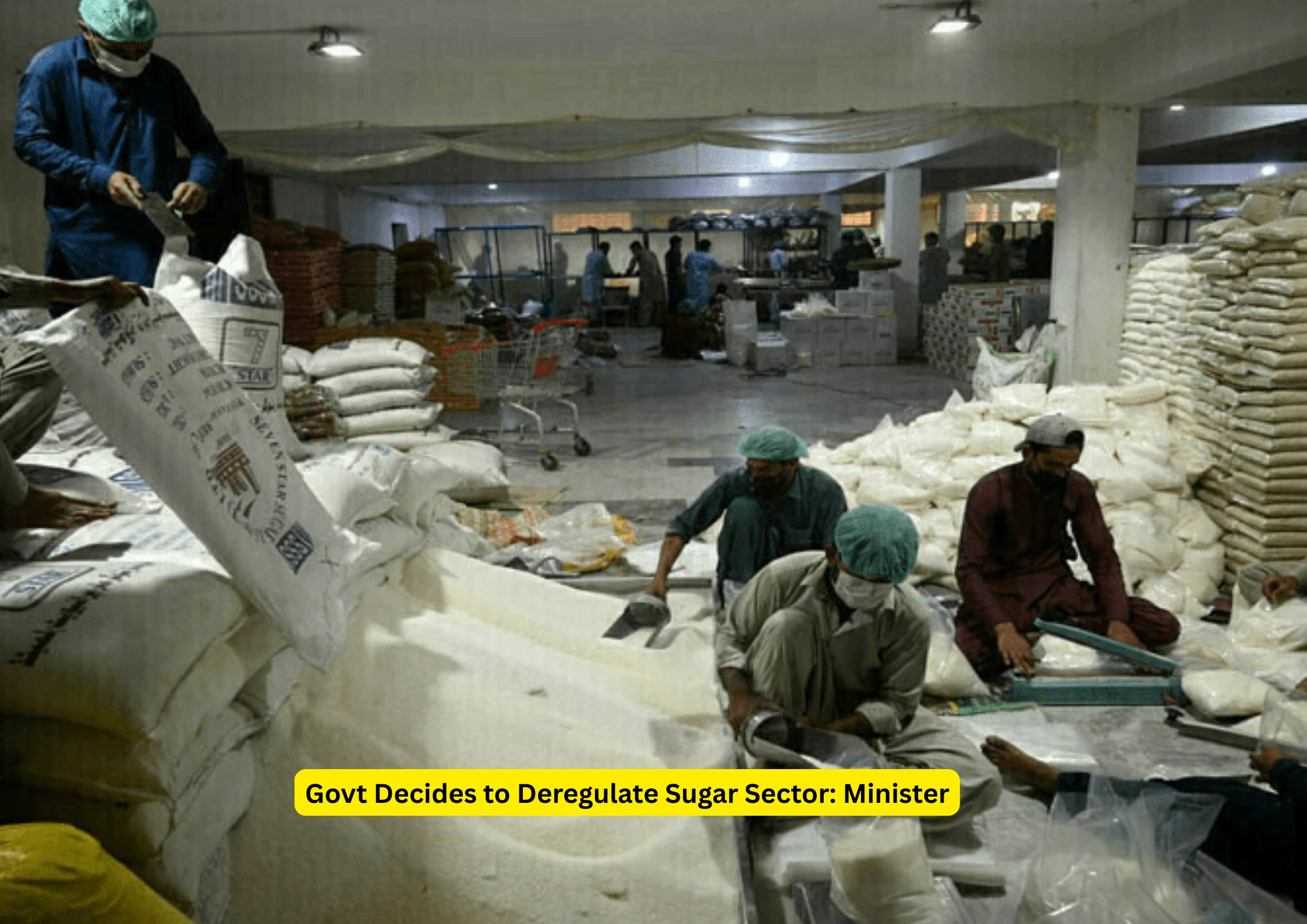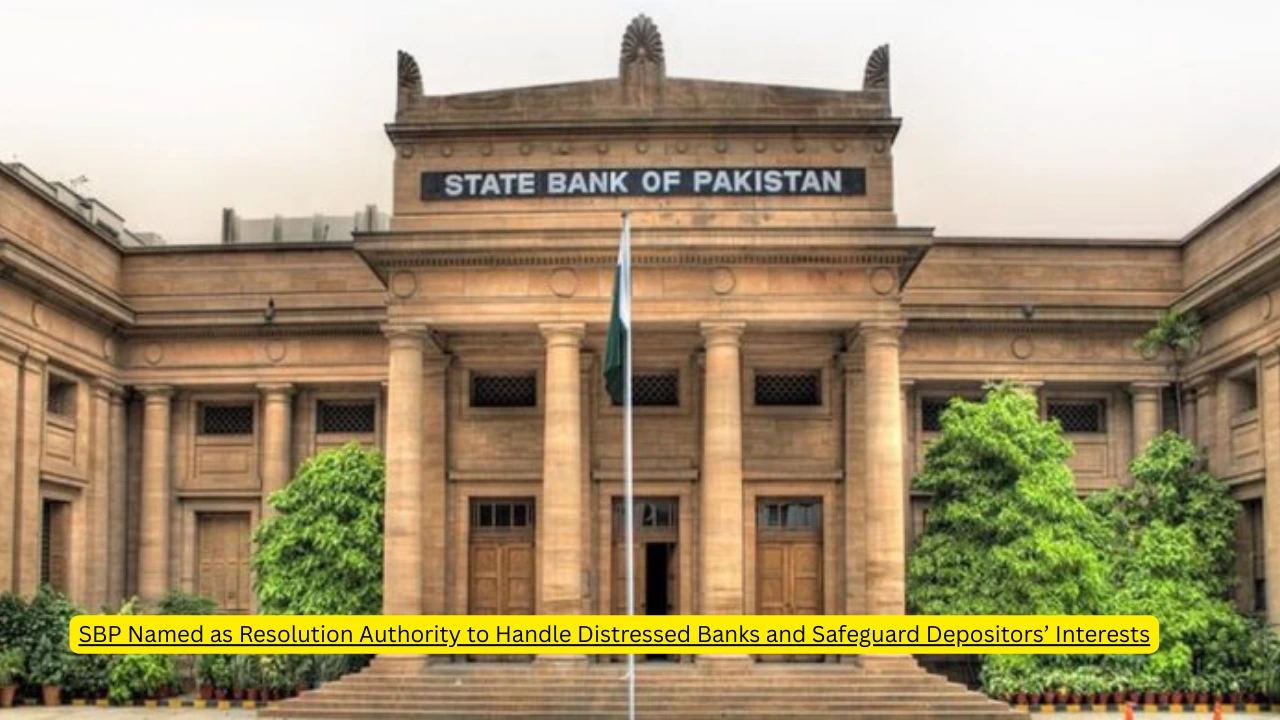The Government of Pakistan has taken a bold step in its economic reform agenda by announcing the deregulation of the sugar sector. The minister said the move will improve market efficiency.
It will also attract private investment.The government’s direct role in pricing will be reduced.
. The reform is expected to reshape the country’s sugar industry while creating a ripple effect across finance in Pakistan.
Why Sugar Sector Deregulation Matters
For decades, Pakistan’s sugar industry has been heavily regulated, with government-imposed price controls and subsidies. While these measures were introduced to stabilize the market and protect consumers, they also led to inefficiencies, cartelization, and limited competition.
The decision to implement sugar sector deregulation is significant because it aims to:
- Reduce fiscal pressure on the national budget.
- Encourage free-market competition and investment.
- Improve transparency in the supply-demand chain.
- Strengthen long-term financial sustainability.
This marks a pivotal shift in Pakistan’s economic strategy, aligning with global practices that prioritize market-driven growth.
Impact on Finance in Pakistan
From a financial standpoint, deregulation could be a game-changer. By cutting down subsidies and reducing government intervention, funds can be redirected toward critical sectors such as healthcare, education, and infrastructure. Moreover, the policy could make the sugar industry more attractive to local and foreign investors, especially those involved in agribusiness, stock trading, and supply chain finance.
Analysts predict that deregulation may stimulate investment, increase competition among sugar mills, and enhance the overall efficiency of the sector. However, they also caution about potential risks, including initial price volatility and speculative trading, which will require robust financial oversight.
Effects on Farmers and Consumers
The reform will directly impact farmers and consumers—the backbone and the end-users of the sugar supply chain. For farmers, deregulation could prove beneficial as it would allow them to negotiate better prices for their crops in a free market environment. This has the potential to raise incomes and boost rural economies.
For consumers, the picture is mixed. In the short term, sugar prices may fluctuate due to the market transition. While long-term deregulation should stabilize prices, the immediate challenge will be protecting consumers from sharp increases caused by hoarding or market manipulation.
Economic Growth and Market Competitiveness
The deregulation of the sugar industry is not just about one sector; it’s part of a larger vision for economic liberalization and financial reform in Pakistan. By reducing state control, the government is signaling its commitment to global trade standards and competitive markets.
This step could also attract foreign direct investment (FDI) into Pakistan’s agriculture and food processing industries, strengthening export potential and creating new employment opportunities. For the financial sector, such reforms can open avenues for credit, investment portfolios, and stock market opportunities tied to agribusiness growt
Key Challenges Ahead
Despite the potential benefits, several challenges lie ahead:
- Market manipulation risks: Without strong oversight, influential groups could exploit deregulation.
- Consumer protection: Price stability will be essential to avoid public backlash.
- Regulatory oversight: Financial regulators must ensure transparency and fair trade.
- Transition hurdles: Shifting from regulation to deregulation may create short-term uncertainty.
The success of this reform will depend on the government’s ability to strike a balance between free-market principles and protective measures for vulnerable groups.
Conclusion
The government’s decision to deregulate the sugar sector is a landmark in Pakistan’s economic and financial policy. If implemented effectively, it could enhance finance in Pakistan, reduce fiscal strain, and encourage sustainable growth. For farmers, investors, and consumers, the coming months will be crucial in determining whether this bold step creates real opportunities or new challenges.
Ultimately, the success of sugar sector deregulation will depend on consistent monitoring, transparent governance, and a strong commitment to fair competition. If you know about Pakistan’s Textile Manufacturer to Double Solar Capacity with 7MW Expansion then click here.



2 thoughts on “Govt Decides to Deregulate Sugar Sector: Minister”